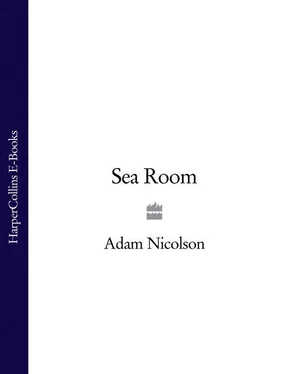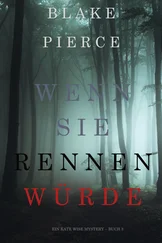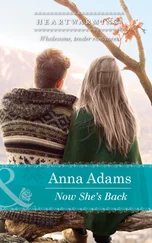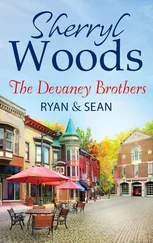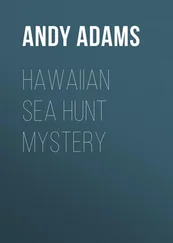And then he torpedoed it, embarrassed: ‘One becomes very Golden Bough in these conditions, I’m afraid.’
For all the camouflage, the experience was real, and forty years later he wanted, I think, to give that same enlargement to me: that wonderful sea room, the surge of freedom which a moated island provides. The gift was this: the sensation I can now summon, anywhere and at any time, of standing in the pure air streaming in off the Atlantic, alone on these islands which the last inhabitants left a hundred years ago. I have peered at them in every cranny: I have hauled lobsters and velvet crabs from the sea; picked the edible dulse from the walls of the sea caves and of the great Gothic natural arch which perforates a narrow horn of one of the islands; scrambled among the hissing shags and looked down the dark slum tunnels where the puffins live and croak their curious, endearing note, like a heavy door opening on a rusted hinge; and I have lain down in the long grass while the ravens honked and flicked above me and the skuas cruised in a milk-blue sky. I have felt at times, and perhaps this is a kind of delirium, no gap between me and the place. I have absorbed it and been absorbed by it, as if I have had no existence apart from it. I have been shaped by those island times, and find it difficult now to achieve any kind of distance from them. The place has entered me. It has coloured my life like a stain. Almost everything else feels less dense and less intense than those moments of exposure. The social world, the political world, the world of getting on with work and a career – all those have been cast in shadow by the scale and seriousness of my brief moments of island life.
There was a time when I thought that to give the islands away, even to Tom, would be an unbearably difficult thing. Sometimes, away from them, late at night in strange hotels, I would listen to the shipping forecast – ‘Hebrides, Minches, Storm Force Ten, backing southwesterly, sleet, visibility two hundred yards’. I would think of them then, wet, battered and impossible, the rain slinging itself in handfuls of rice against the windows of the bothy, the churning of the sea, when, as it says in a famous Gaelic poem, ‘The whorled dun whelk that was down on the floor of the ocean,/Will snag on the boat’s gunwales and give a crack on her floor,’ when the cowering birds would be tucked in behind the boulders, and the sheep would be enduring the storm with the patience of saints and the dignity of martyrs. Those were the moments, not in their presence, when I felt most deeply attached to them. The Shiants are the most powerful absence I know. On every flight across the Atlantic, I would peer out for them, looking for an opening in the clouds to see them there, still and map-like below me, with the sea sheened and glittery around them, while the stewardess handed out headsets and warm towels. That too would be a moment of dreaded loss.
That has changed now. I have changed and I do not, I think, need them as much as I once did. The gift I received is the gift I want to make. They are a young man’s place and always have been. Tom will have his time there too, with his own friends and his own discoveries. He will know the Shiants in ways different from his father’s and grandfather’s. A place evolves in the minds of the people who possess it and it is Tom’s turn now.
This book is my final immersion in them. I have tried to get to know them as I have scarcely done before. No one previously has written at any length about the Shiants and this is both an opening and, for me anyway, a closing of their account. It is an attempt to tell the whole story, as I now understand it, of a tiny place in as many dimensions as possible: geologically, spiritually, botanically, historically, culturally, aesthetically, ornithologically, etymologically, emotionally, politically, socially, archaeologically and personally. It is a description of what my father gave to me and of what, in the spring of 2005, I shall give to my son.
A year or so ago, the West Highland Free Press , the radical(ish) anti-lairdist paper produced in Broadford in Skye, heard that I was planning to write a book about the islands and produced this cartoon:
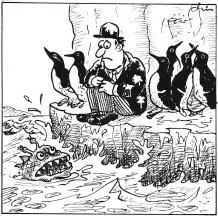
I am the English toff. I am drowning in everything the guillemots can throw at me and I am burped at by sea monsters. I might crouch on the slippery rock ledges but I don’t belong there. I might dream of the Shiants, but I should by rights be back in my natural environment, the club in St James’s, brushing up my bowler, sprucing up my moustache, talking to other members about the state of the market or the loss of empire. My presence on the Shiants is about as easy or convincing as a basking shark ordering Sole Véronique in the dining room at the Ritz.
In the Hebrides, that is a widely shared, if rarely stated, attitude. The English landowner is an alien, part joke, part irritant, a tourist who thinks he has some claim on the place. Once in the midday dark of Macleod’s Bar next to the quayside in Tarbert, I was having a drink with Uisdean MacSween. Hughie MacSween, as I know him, the shepherd from Scaladale on Loch Seaforth, is one of the great sheep men on Harris. For many years of my boyhood and young adulthood he had the flock on the Shiants. He became, technically, my tenant. He paid me fifty pounds a year for the grass. But the reality was different: he was the master and I the pupil. I always felt embraced by his presence. He whispered his stories through lips that clung doggedly to the crushed stub-end of a roll-up, his eyebrows, like sprigs of long-grown lichen, leaping at the punch lines. The movement of his mouth was so quiet, like the fluttering of a flame, that you would always be creeping closer to hear him, to put your ear to his lips. And while he spoke, his eyes would move from you to the horizon and back: you, the listener, the target of the words, the horizon somehow their source. As he plied me with another pint and another chaser, long, growling laughs would come sloping out of his chest, breaking off into bronchial chaos, and then he would suddenly grasp my arm at some urgent point, some critical fact, some hilarious aspect – a long, deep drag on the last of the cigarette – of human folly.
For years, Hughie MacSween was the Shiants for me. He told me once, long after ill health had forced him to give up the islands, that he never went to sleep at night without his mind roving across them from one end to the other: up the steep climb from the landing beach, along the sheep paths there, over the shoulder and on to the broad back of Garbh Eilean, skirting the edge of the big peat-filled hollow, down to the valley at Glaic na Crotha, on towards the far end of Stocanish, where the lambs used to jump one by one down the steps of the north cliffs to the grass growing ever greener nearer the sea, until they found themselves stranded, and he would have to rescue them, bringing them back tucked under his arm one at a time like a job lot of bagpipes. ‘I know those islands inch by inch,’ he said, and then added the words I have treasured ever since: ‘And I know it is the same with you.’
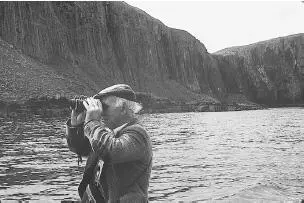
A man came up to us, a little drunk, his cap on his head, his skin white. He ignored Hughie. ‘Are you the man who says he owns the Shiants?’ he said to me, standing over me.
‘Yes,’ I said, smiling charm, the English defence, ‘I am actually.’
‘Well you’re a sackful a shite.’
Читать дальше
